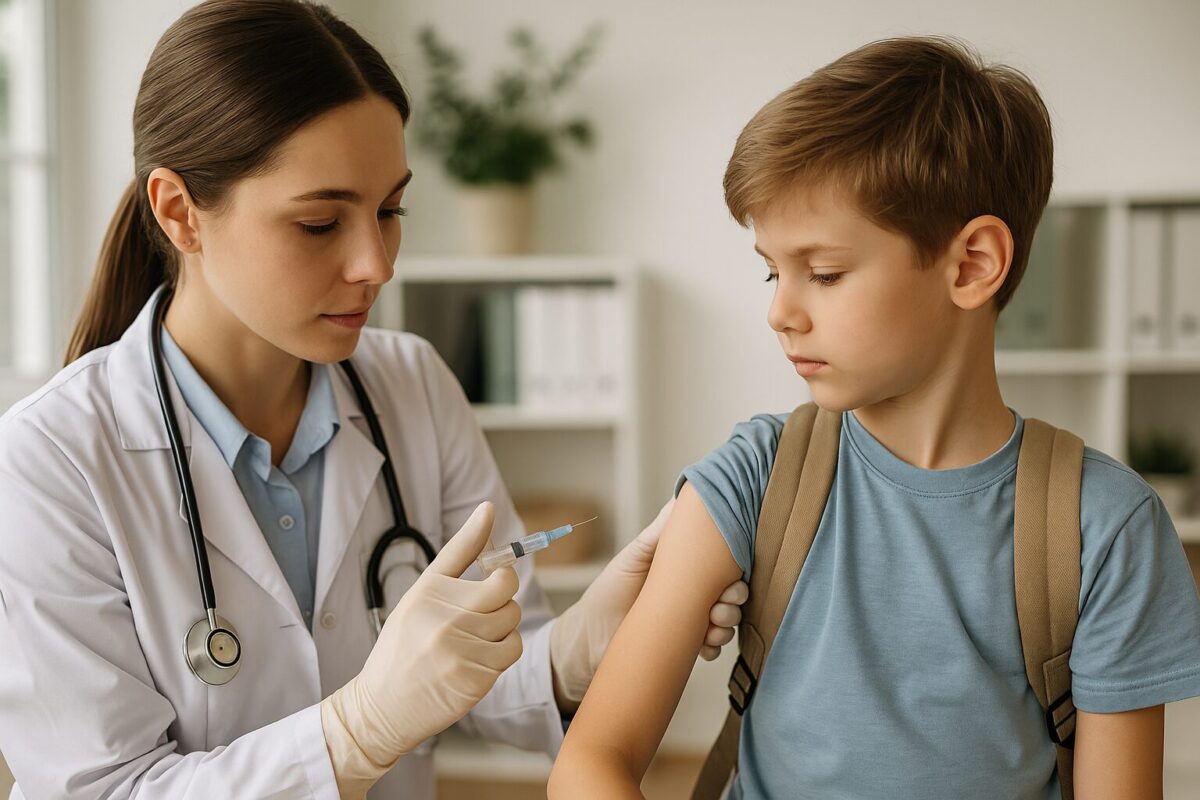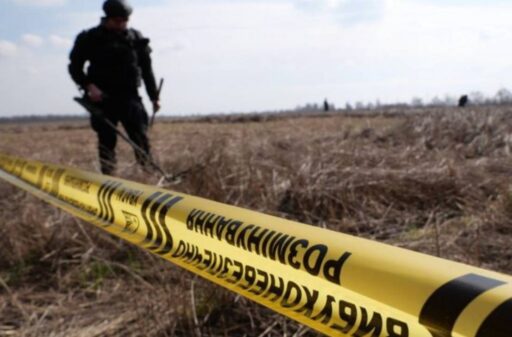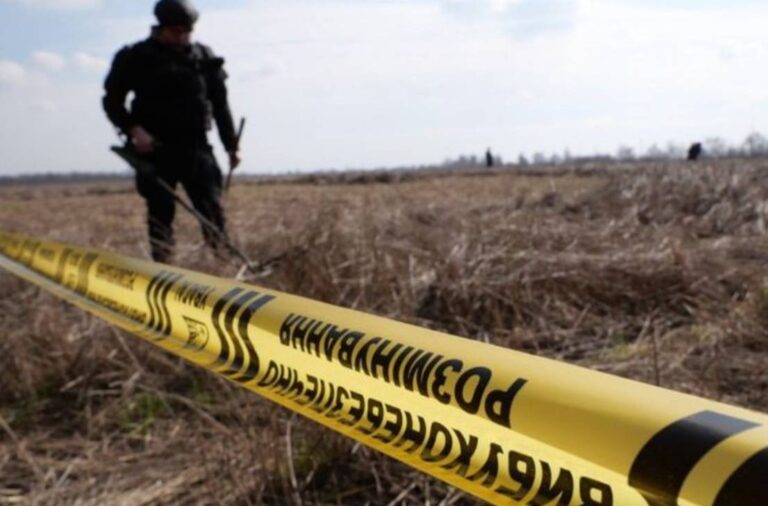
No Vaccines — No School: What Ukraine’s Draft Law №13367 Means
On June 13, 2025, the Cabinet of Ministers of Ukraine submitted draft law №13367 “On the Protection of the Population from Infectious Diseases” to the Verkhovna Rada. The proposal introduces important changes affecting children’s access to education, parental obligations, and public health procedures.
The intention is not to punish but to respond to a growing public health challenge — the declining rate of childhood vaccinations, legal ambiguity for schools, and increasing risks of disease outbreaks.
Let’s break it down clearly and calmly: What does the draft law actually propose, and how will it affect daily life?
What does the bill propose?
This draft amends the existing law “On the Protection of the Population from Infectious Diseases” (originally adopted in 2000, with many updates over time). The goal is to add clarity and legal structure to issues that were previously dealt with inconsistently.
Key provisions include:
1. No vaccines — no in-person school
“Children who have not received the required preventive vaccinations, without valid medical exemptions, may not attend educational institutions — except through distance or external (home-based) learning.”(Draft №13367)
In simple terms: if a child is unvaccinated and does not have a medical excuse, they cannot attend school, preschool, or group-based extracurricular activities.
However, alternatives such as online or home learning must be offered.
2. Infectious individuals must follow treatment protocols
Anyone who is infected or carries an infectious disease must follow the sanitary-epidemiological regimeprescribed by a physician or authorized public health body.
This codifies into law what has already been practiced during COVID-19 or measles outbreaks — such as isolation or required medical treatment — ensuring consistency across regions.
3. Formal procedure for vaccine refusal
Healthcare providers must either:
- obtain written refusal from the parent or guardian, or
- issue an official act of refusal (if the parent won’t sign), using a Ministry of Health–approved template.
This removes legal ambiguity that often left doctors and educators in a gray zone, unsure of what action to take.
Why now?
Vaccination rates in Ukraine are falling. As of early 2025:
- Only 58% of children are vaccinated against measles;
- Less than 60% are covered for diphtheria and tetanus.
These levels are far below the 95% target set by the World Health Organization for achieving herd immunity. Even small pockets of unvaccinated children can lead to dangerous outbreaks.
This is no longer about ideology. It’s about consequences.
Ukraine saw the largest measles outbreak in Europe in 2018–2019. In 2025, the risk is resurfacing — and the government is trying to act preemptively.
How will this affect parents and children?
If a child is vaccinated: nothing changes.
Parents simply provide the standard vaccination certificate (Form 063/o), as before.
If a child has a valid medical exemption: they can attend school.
This must be documented by a medical commission or official diagnosis.
If a child is unvaccinated and healthy: they may only attend school remotely.
This will likely be the most controversial point for families opposing vaccination.
Is this a violation of constitutional rights?
A key question: Can a child be denied access to education due to vaccine status?
- Article 53 of Ukraine’s Constitution guarantees the right to education.
- Article 49 guarantees the right to health — which includes the right to a safe environment for other children.
The European Court of Human Rights (case Vavřička v. Czech Republic, 2021) ruled that excluding unvaccinated children from schools does not violate human rights when done to protect public health.
In other words, the Ukrainian draft law aligns with international legal precedent — as long as alternatives are offered (which they are).
Revelant
Is this forced vaccination?
No. There is no mandatory vaccination clause in the bill.
This is not coercion — it is a conditional access measure.
Parents remain free to decline vaccines — but must accept non-traditional learning formats.
Will Parliament support the bill?
The draft has backing from the Cabinet of Ministers, the Minister of Health, and the Parliamentary Health Committee. This suggests strong political support.
However, opposition may emerge from MPs catering to anti-vaccine sentiment. Public hearings and debates are likely.
Draft law №13367 is an attempt to balance two fundamental rights:
- the child’s right to education;
- the community’s right to health protection.
The law doesn’t punish — it clarifies. It sets a structured path forward for doctors, educators, and parents, especially during epidemics.
Vaccination remains a choice.
But public safety will now depend on that choice — and Ukraine is deciding where to draw that line.














